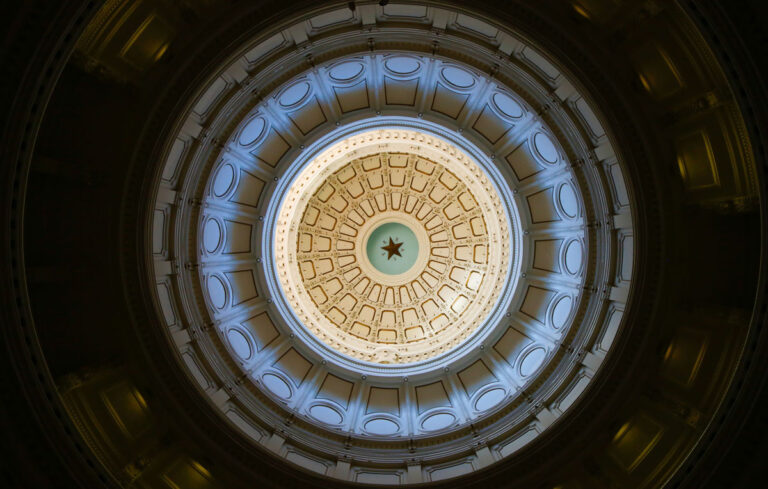Texas is set to pass a new law banning social media platforms from censoring conservatives

Two days ago, the Supreme Court passed a Texas law banning abortions as early as six weeks. As if that wasn’t enough questionable behaviour from the Lone Star state, it is now on a mission to pass another controversial law, one that would ban social media companies with more than 50 million users from censoring users and content based on political views or geographic location.
In other words, while it’s not been openly stated and probably won’t until the law is actually passed, the state of Texas—which remains a majority Republican state as of 2021—wants to limit social media giants’ power when it comes to moderating conservatives and their consistent violence-inciting blabberings. Just imagine the countless other messes we would have witnessed if President Trump had not been permanently suspended from Twitter.
Although the bill initially failed in a special session earlier this year when Democrats fled the state to stall the passage of many controversial partisan bills, including the abortion ban mentioned above, it was then revived in July in a second special session. The bill was widely opposed by Democrats, but many did not attend the vote as they protested other controversial measures led by Republicans.
The bill would make it unlawful for social media companies like Facebook, Twitter and YouTube to conduct moderation actions such as banning, deplatforming, or demonetising users and removing posts. The Texas attorney general would be allowed to file suit against any company that violates a provision of the bill. If upheld in court, the attorney general could recoup “reasonable” attorney’s fees and investigative costs. According to The Verge, Texas is in fact the second state to push through a bill aimed at combating the alleged censorship of conservatives online.
In May, Florida Governor Ron DeSantis signed a similar measure that would fine platforms for banning political candidates. The law was blocked by a Florida US District Court judge in June. The judge wrote that much of the bill’s text was “wholly at odds with accepted constitutional principles.” And according to experts, the Texas bill could face a similar fate. “While the language in Texas’ bill is different, the outcome will be the same because the First Amendment protects against government intrusion into editorial discretion,” Ari Cohn, TechFreedom free speech counsel, said in a statement Wednesday.
A Twitter spokesperson declined to comment specifically on the Senate Bill 12 (also called the ‘censorship’ bill) but said in a statement that the platform enforces “the Twitter Rules judiciously and impartially for everyone on our service—regardless of ideology or political affiliation—and our policies help us to protect the diversity and health of the public conversation.”
So far, both Texas’ House and Senate have approved the bill, sending it to Governor Greg Abbott’s desk—a well-known Republican.





